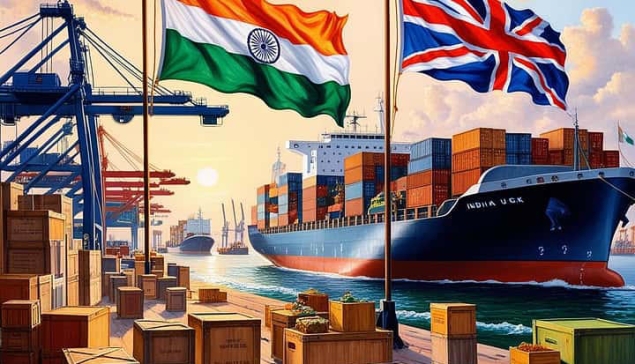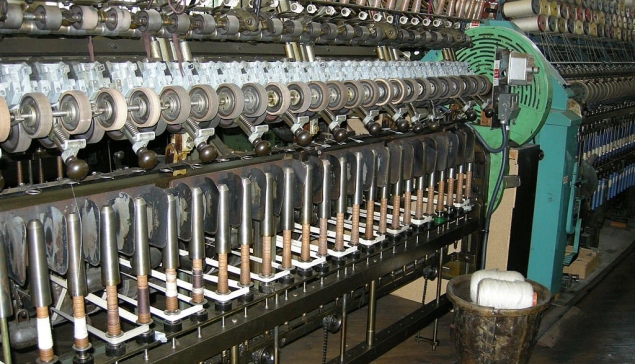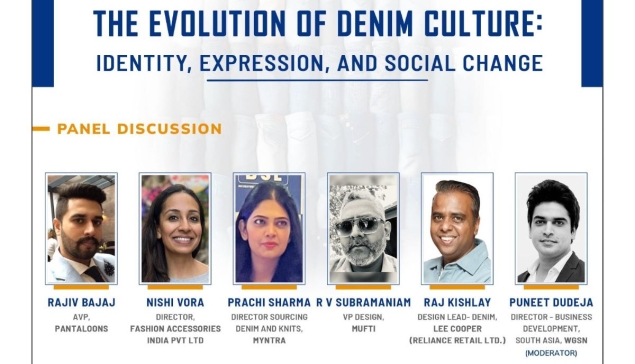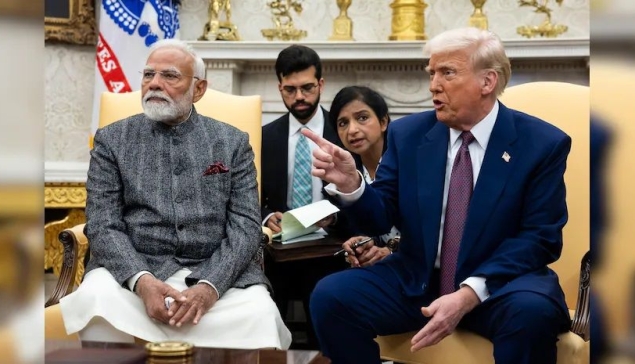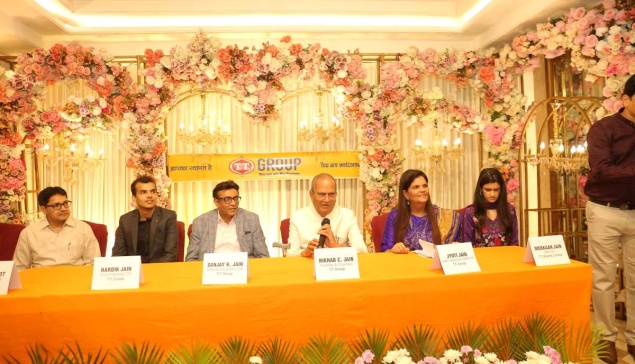The Indian textile industry is at a rare inflection point. With global supply chains gradually shifting from China to India, there’s a tremendous opportunity for Indian textile startups to lead a new era of innovation, sustainability, and scale.
India’s textile industry is massive - it contributes over 2% of GDP, supports 45 million jobs, and is poised to grow from $176 billion in 2024 to $350 billion by 2030. This isn’t just a legacy sector - it’s a high-potential space, especially when energized by tech-savvy startups. But there is a general perception among the old hands of the Indian textile industry that it has taken 2 steps forward and 1 step backward for decades!
Startups Are Catalyzing Change
Today, more than 4,800 startups are working across the Textile value chain. From Digital Silk marketplaces to AI-based Design platforms, these ventures are reshaping the industry. Example: TrusTrace, which brings transparency with traceability solutions for global buyers.
Others are pioneering in Sustainability. GreenStitch, for example, develops recycled and biodegradable Textiles. Fashion rental platforms and clothing take-back schemes are making closed-loop fashion a reality. This is not just good business - it’s the future of Textiles.
Startups like Fashinza use data-driven manufacturing to enable on-demand production, slashing lead times and overstocking. Zyod and Bijnis are helping small and mid-sized manufacturers reach global markets through Tech-enabled platforms.
Growth Drivers Are Lining Up
India’s edge lies in its vast raw material base, cost-competitive labour, and growing design capabilities. The country recently climbed to the 5th spot in global textile exports, with a 7% YoY rise in 2024. Demand is also rising for man-made fibers and ethically made products—areas where India is building serious capacity.
Automation is gaining ground in Textile hubs like Tiruppur and Surat—government initiatives are amplifying this growth. The PLI scheme has attracted ₹10,000+ crore in investments for technical textiles and MMF, while the *PM MITRA Parks* provide world-class, plug-and-play infrastructure. The *SAMARTH scheme* is upskilling thousands of youth and women in textile-specific skills, a critical gap for scaling modern factories.
Investor Interest Is Rising
The sector has seen robust funding activity. Fashinza raised $100M, Bijnis $30M, and Zyod $18M in recent rounds. D2C brands like Suta, Libas, and FableStreet are using this capital to expand operations and reach global audiences. Foreign direct investment (FDI) is 100% open in textiles, drawing players from Japan, Italy, and the Middle East.
Investors see the upside. Textile-tech offers high growth with relatively quick scale-up opportunities, especially as global buyers diversify sourcing away from China.
Challenges Are Real - But Surmountable
Of course, the road ahead isn’t without bumps. Supply chains remain fragmented, and tariffs on specialty machinery and inputs raise production costs. Power reliability, regulatory complexity, and skill shortages in automation and data analytics pose hurdles for startups trying to scale quickly.
Government grants often fall short of what's needed for advanced R&D or factory setup. And competition from Bangladesh and Vietnam remains stiff
The Road Ahead: High-Tech, High-Impact
The next big wave will come from Technical Textiles - used in aerospace, automotive, defense, and healthcare. India’s current market share is small but growing fast. Startups in bio-textiles, lab-grown fibers, and nanotech fabrics are already emerging.
With global trade shows like Bharat Tex 2025 showcasing India’s capabilities and free trade agreements expanding market access, Indian startups are well-positioned to make their mark globally.
India’s textile story has always been rich in heritage. Now, powered by innovation, capital, and a global shift in supply chains, it is poised to become a global powerhouse. The sector has the potential to create 35 million new jobs and define a Sustainable, Tech-driven future - not just for India, but for the world.
The most important suggestion for the Honorable Prime Minister is to have a heavyweight as Textile Minister, someone who commands heft with his skill, who understands what it means when a generational shift happens in supply chains from China to India, and who works assiduously to make the Indian textile industry the biggest amongst any country.
CREDITS: Tushar Kansal, Kansaltancy Ventures, the writer has a B.Tech in Textiles, 1998 Batch, from TITS, Bhiwani, affiliated with the “Textile Institute Manchester, UK,” and part of the leading industrial education house in India, “The Birla Group.”


